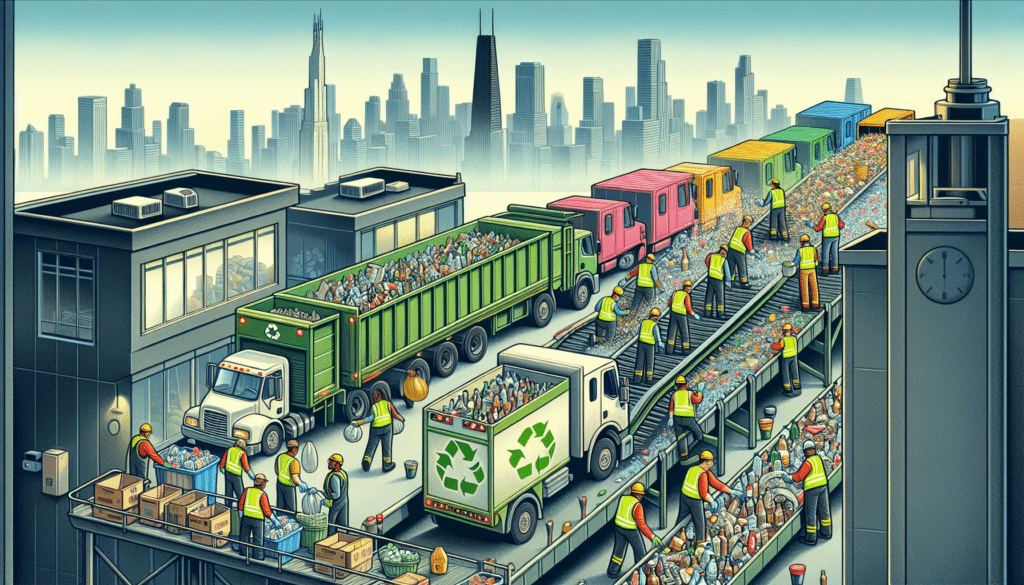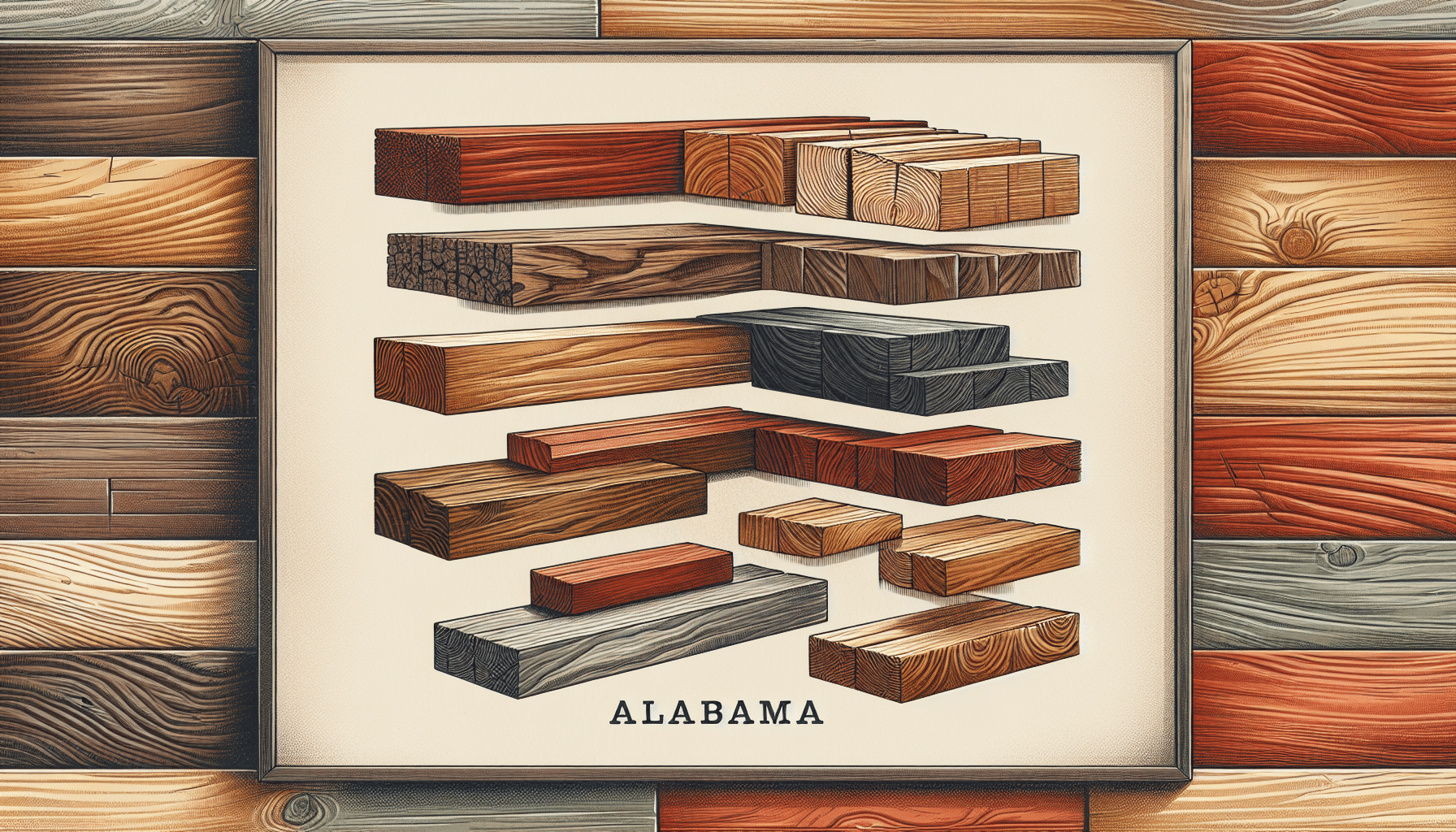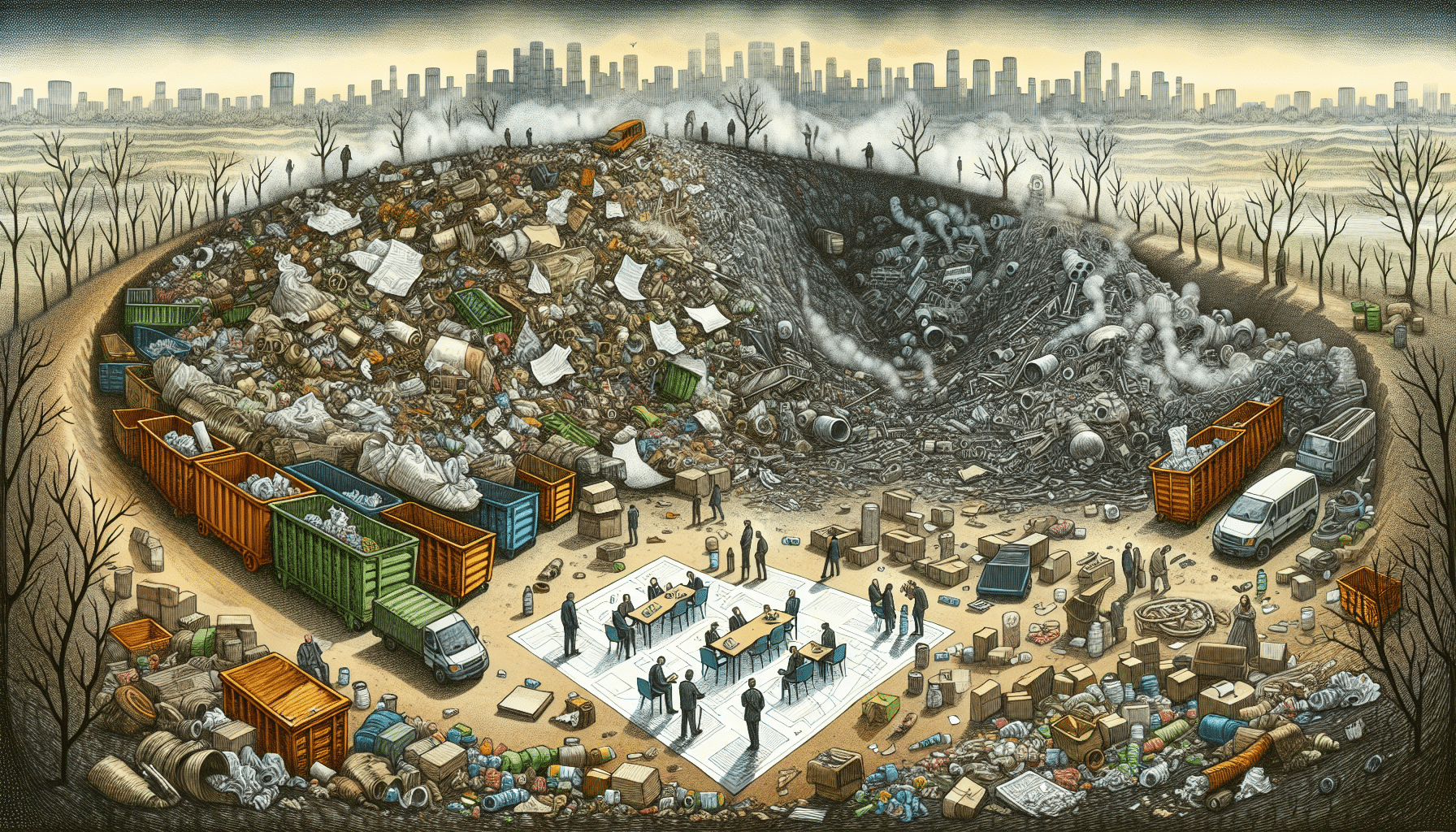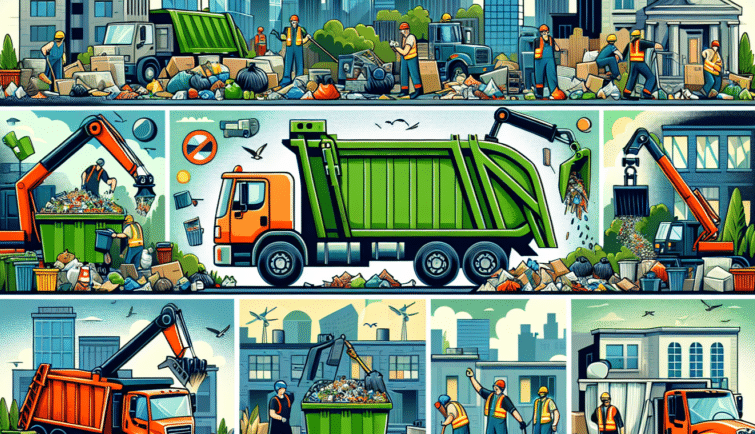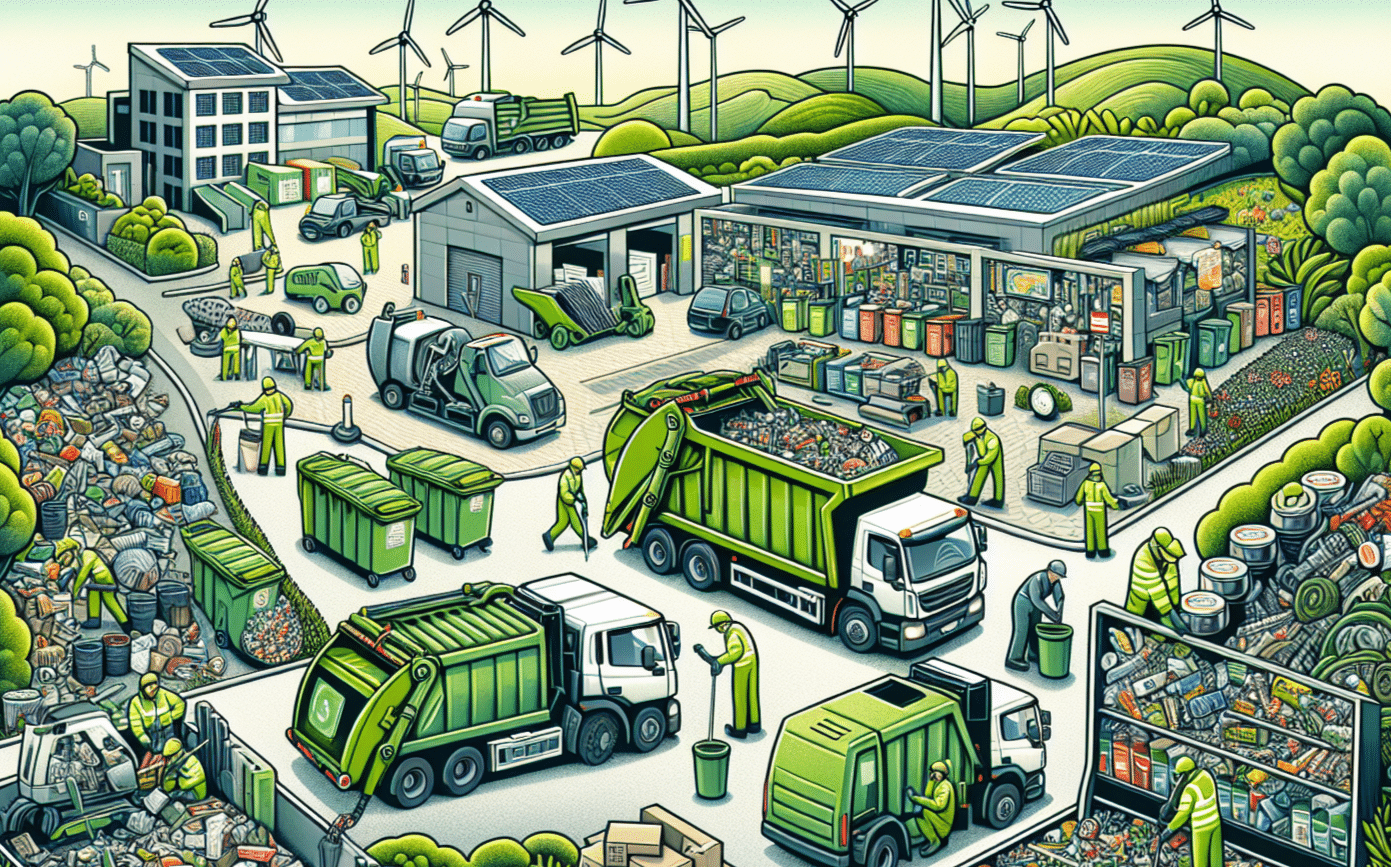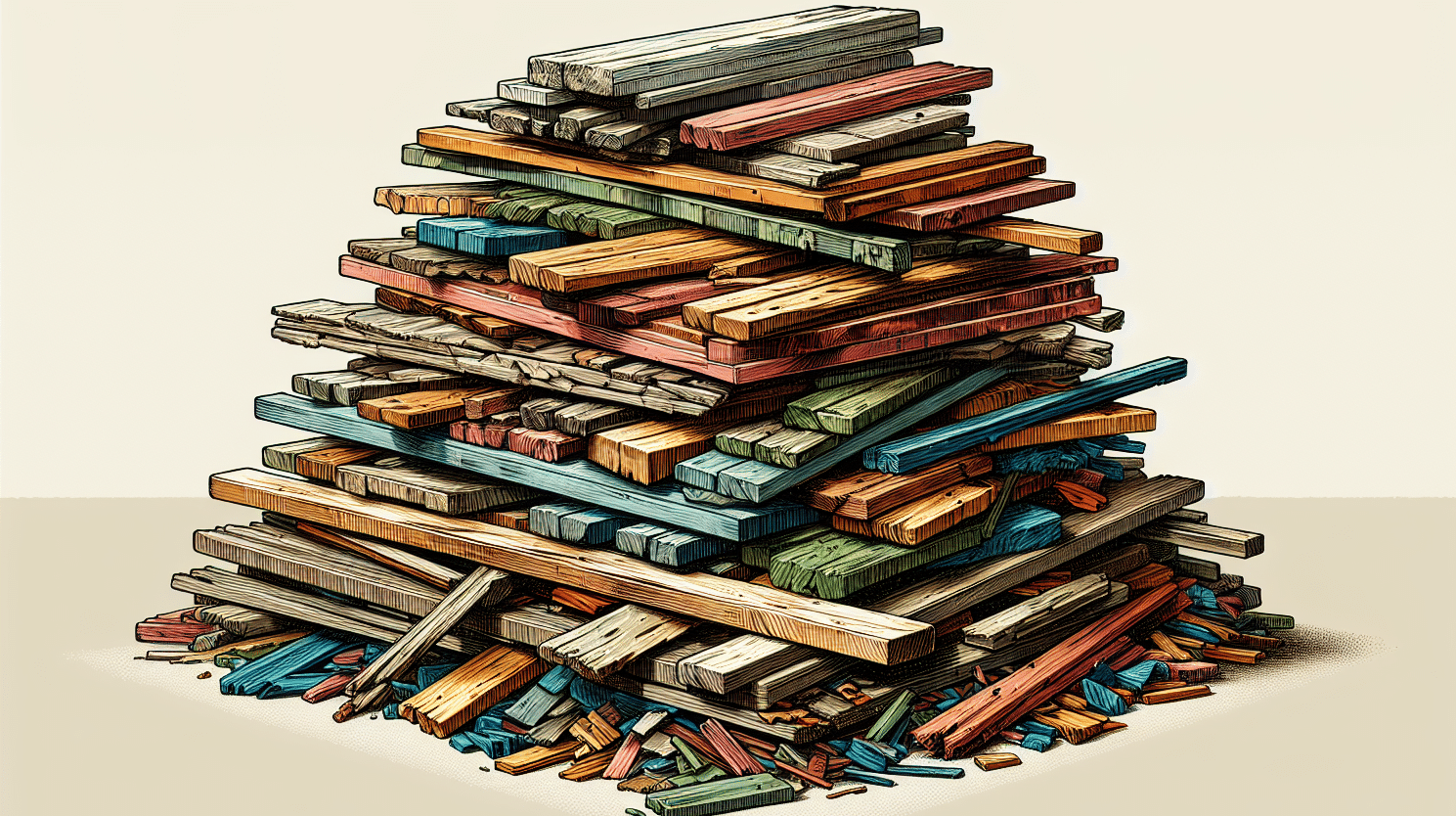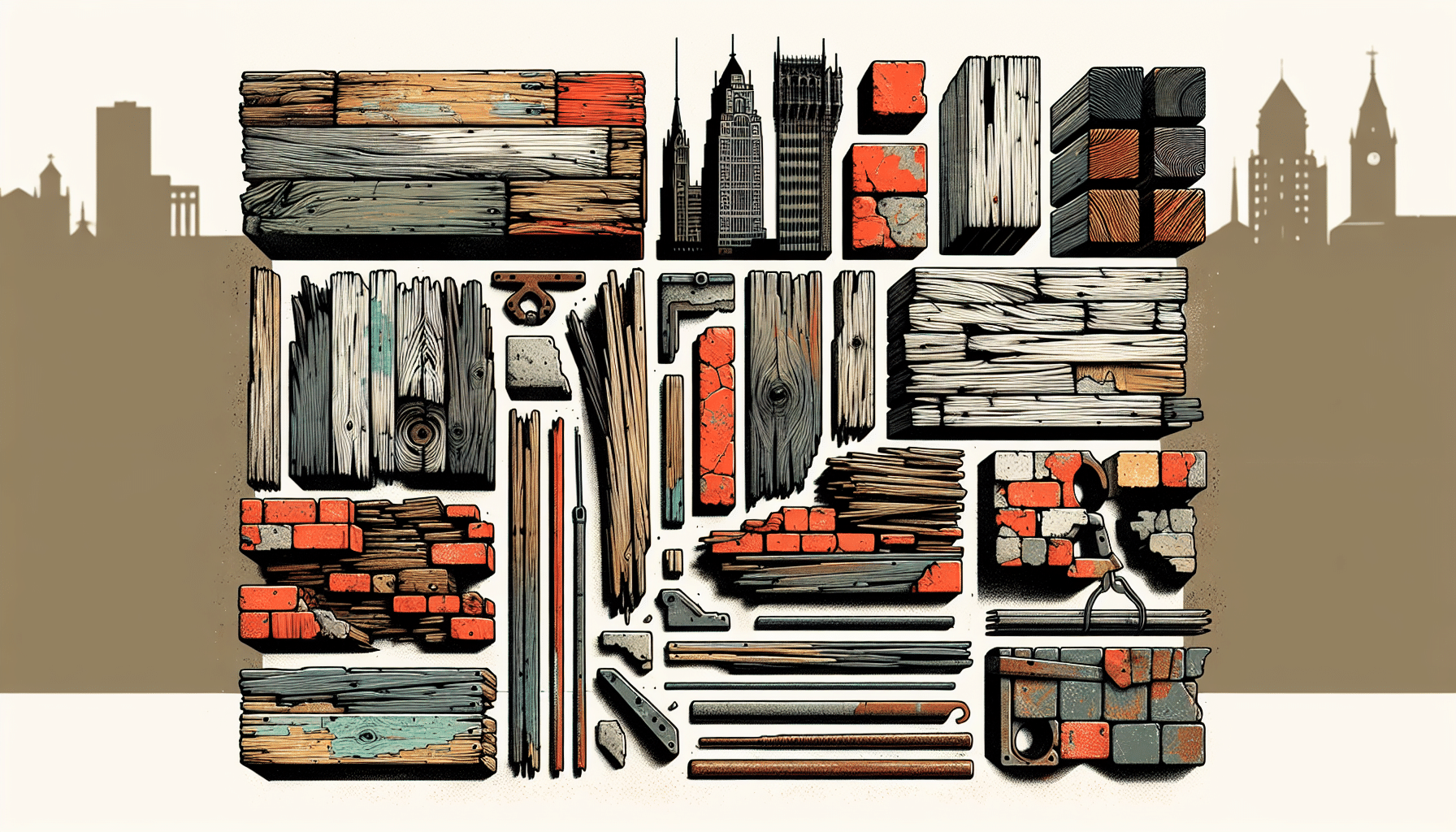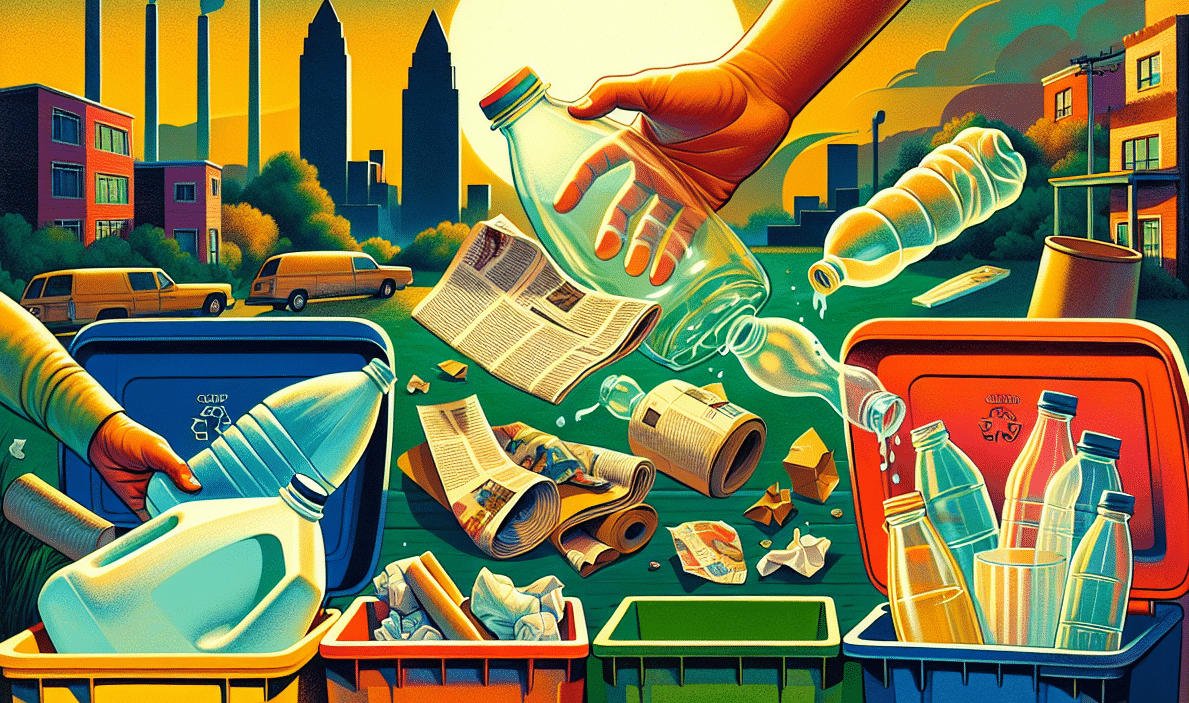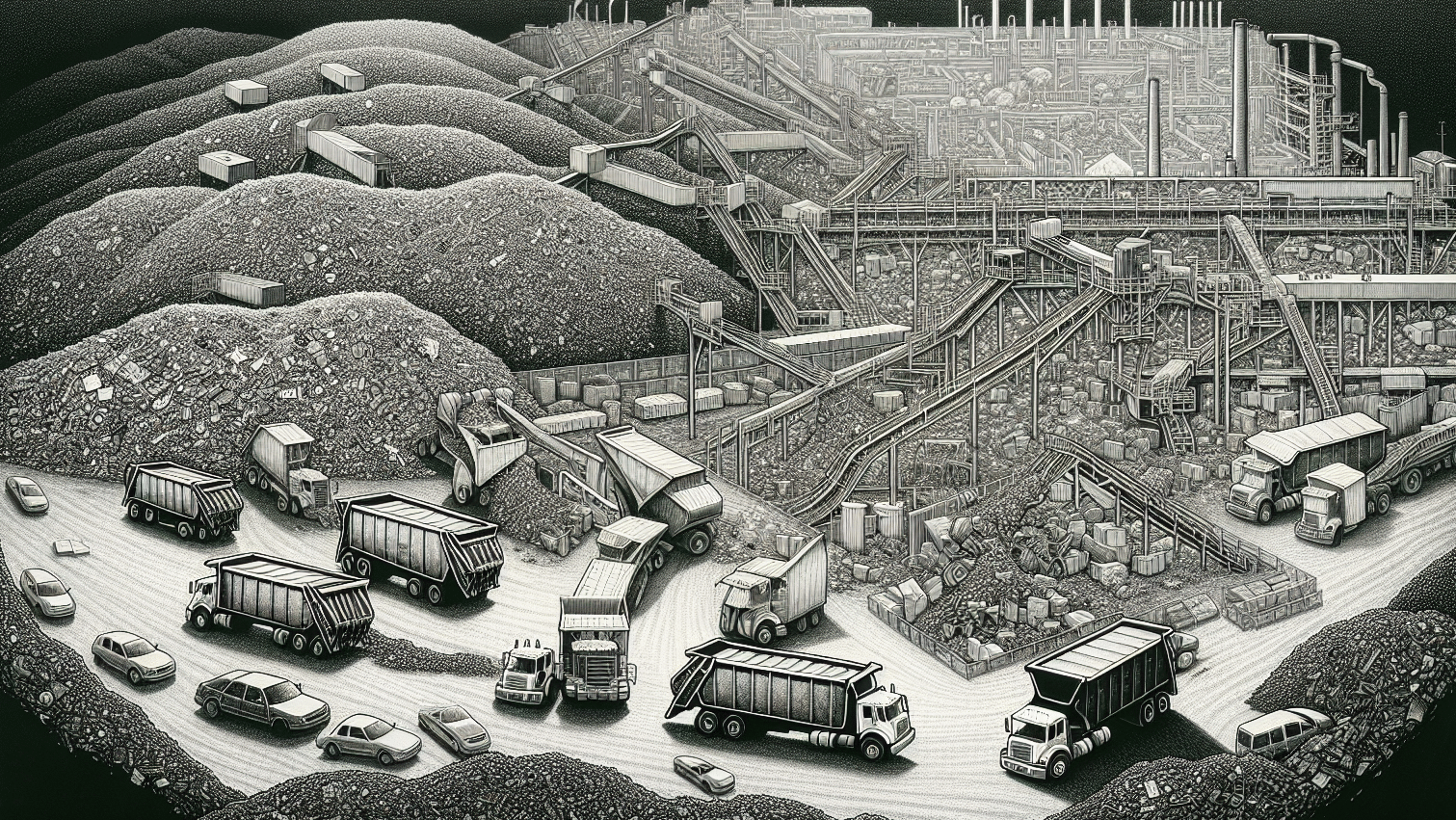Quickly navigate the Charlotte, NC, recycling system with this essential guide. Learn exactly what you can recycle, where to sort your items, and how Charlotte makes it easy for you with curbside and drop-off options. Dive into the straightforward details that will make a significant impact on our city’s sustainability efforts.
Key Takeaways
- Charlotte, NC, has a robust recycling system that offers curbside collection and full-service and self-service recycling centers to handle a variety of recyclable materials and even electronic waste.
- For effective plastic recycling, Charlotte residents should only recycle plastic containers with necks and properly dispose of non-recyclable plastics at designated centers.
- Mecklenburg County provides facilities for the safe disposal of hazardous household and commercial waste, and advocates for repurposing and upcycling items to reduce waste and promote sustainability.
Navigating Charlotte’s Recycling Program
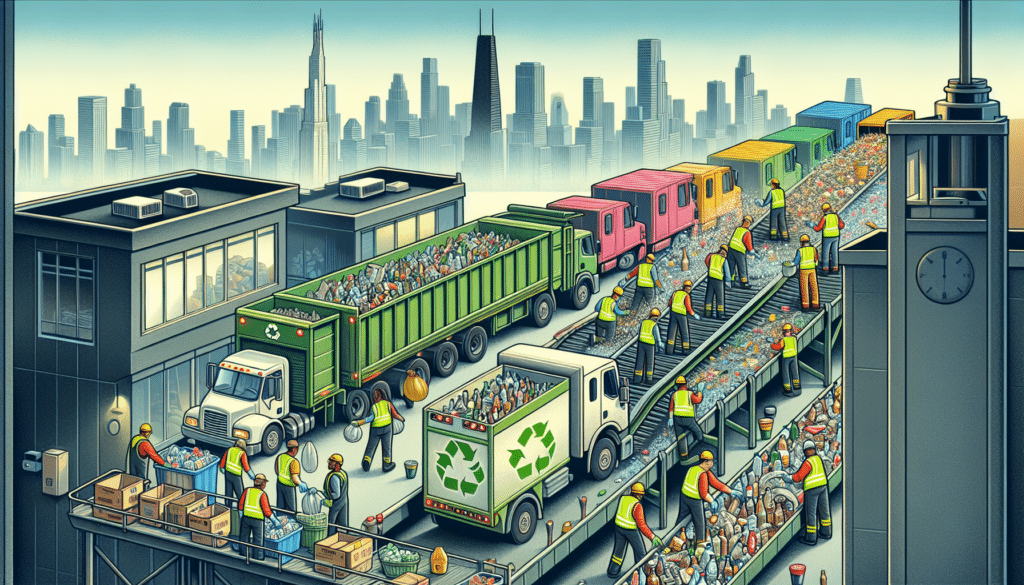
Charlotte has paved the way for convenient and effective waste management through its comprehensive recycling services. With options ranging from curbside collection to full-service and self-service recycling centers, residents have access to a range of recycling solutions designed to fit their needs. The city’s dedicated efforts ensure that recyclables are collected efficiently and are processed responsibly.
Curbside Collection Essentials
Curbside recycling in Charlotte is a testament to the city’s green initiatives. Residents can easily contribute to recycling efforts by placing an array of materials into their designated recycling containers, including plastic bottles, aluminum cans, glass bottles, and cardboard. Charlotte’s curbside program embraces simplicity and convenience, allowing residents to recycle a variety of items without the need for pre-sorting. By ensuring that eligible recyclables like plastic food containers and paper are placed in the appropriate bins, Charlotte residents are able to play a pivotal role in the recycling process.
Drop-Off Recycling Options
For items that don’t fit the curbside collection criteria or for those who prefer a hands-on approach, Charlotte offers both full-service and self-service recycling centers. At full-service centers, residents can bring a wider range of items, including yard waste and bulky waste, ensuring that nearly all recyclable materials have a designated disposal point.
Self-service recycling centers, on the other hand, cater to those who sort their recyclables. Operating hours are designed to accommodate busy schedules, with full-service centers open Monday through Saturday from early morning to afternoon. By choosing the right drop-off option, Charlotte residents can contribute to the city’s recycling efforts and help divert waste from the landfill.
The Do’s and Don’ts of Recycling Plastics
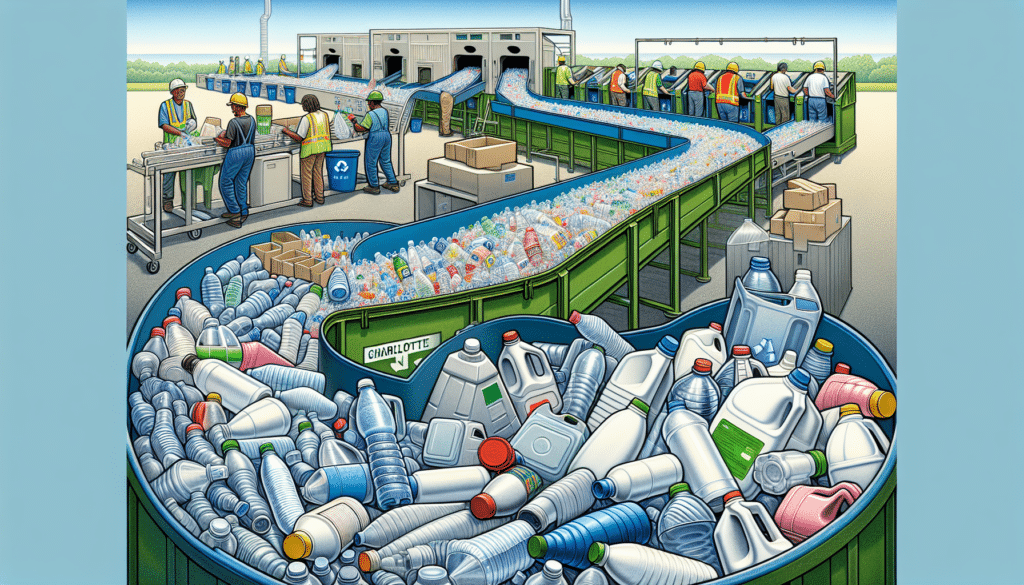
Charlotte makes the process of navigating plastic recycling simple and easily understood. In Charlotte, only plastic containers with necks find their way into the curbside recycling bins. The city’s guidelines don’t rely on the plastic numbering system, as many products are mislabeled, leading to confusion and potential contamination. By adhering to these simple rules, residents can play their part in keeping the recycling stream clean and effective:
- Only recycle plastic containers with necks
- Do not rely on the plastic numbering system
- Avoid mislabeled products
- Prevent contamination
To ensure that plastics are recycled properly, it’s crucial to follow the city’s guidelines, focusing on accepted items and steering clear of problematic plastics. Understanding these rules helps prevent contamination and maintains the efficiency of the recycling program.
Plastic Bottles and Containers
There’s a strong domestic market for plastic bottles in Charlotte’s curbside recycling program. Charlotte residents can take pride in knowing that their efforts in recycling plastic bottles and containers contribute to a larger movement toward sustainability. By recycling these items, they support the local economy and help reduce the environmental impact of plastic waste.
Problematic Plastics
In Charlotte, items like solo cups, salad containers, berry clamshells, plastic food trays, and plastic bags should be kept out of the recycling bin. These problematic plastics, often containing food residue, can lead to contamination, which hampers the recycling program and ultimately costs the city money.
Charlotte offers solutions for non-recyclable plastics, with full-service drop-off centers equipped to handle these items as waste. Proper disposal is key to preventing contamination and ensuring that the recycling process remains efficient. By being mindful of what goes into the recycling bin, residents can help the city achieve its waste management goals.
Special Waste Disposal: Electronics and Bulky Items
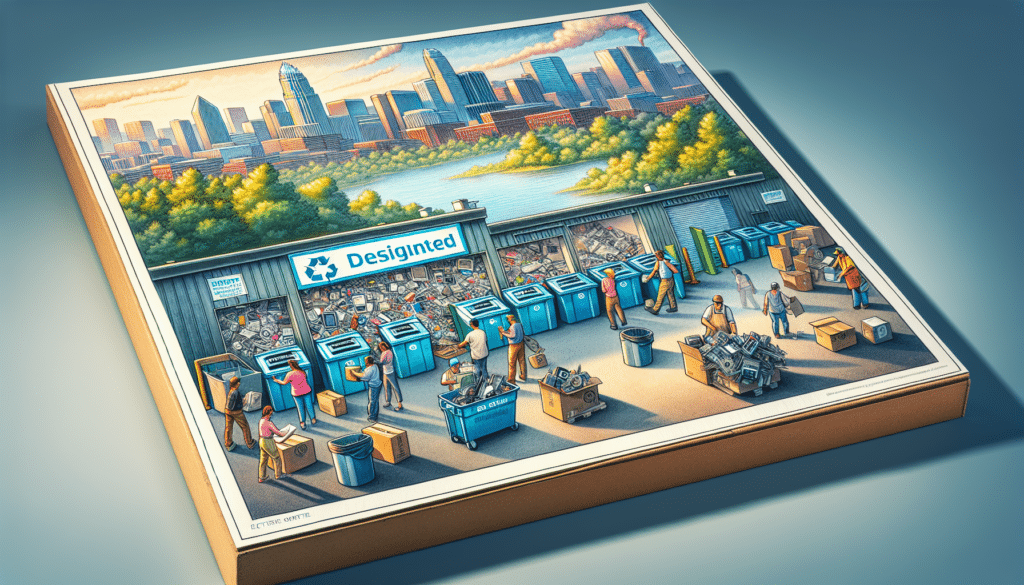
When it comes to electronics and bulky items, Charlotte provides residents with safe and responsible disposal options. Full-service drop-off centers are equipped to handle a range of special waste, ensuring that electronic and bulky household items are kept out of the landfill.
Electronics, in particular, require careful handling due to their hazardous components and the valuable materials they contain. Charlotte’s dedicated electronic recycling service centers make it easy for residents to dispose of these items properly, contributing to the city’s environmental stewardship and resource conservation efforts.
Electronic Recycling
Charlotte’s full-service recycling centers welcome a wide array of electronic items, including old computers, televisions, cell phones, cables, and speakers. These centers provide a no-cost option for residents to recycle their e-waste, with a limit on the number of items per visit to ensure fair use of the service.
Disposing of electronics properly is not only a responsible choice but also a legal requirement in North Carolina. By taking their e-waste to the designated service centers, Charlotte’s residents comply with state laws and contribute to the reduction of environmental hazards associated with improper disposal.
Bulky Waste Management
Large items like furniture and appliances can pose a disposal challenge, but Charlotte’s bulky waste collection services offer a solution. Residents who receive regular garbage collection from the city can schedule a pickup for their bulky items, keeping the streets clean and preventing clutter. Donation is another eco-friendly option for items in good condition, providing a win-win situation for the environment and the community. By choosing to donate or utilize the city’s collection services, residents ensure that bulky waste is managed responsibly and sustainably.
Yard Waste Solutions in Charlotte
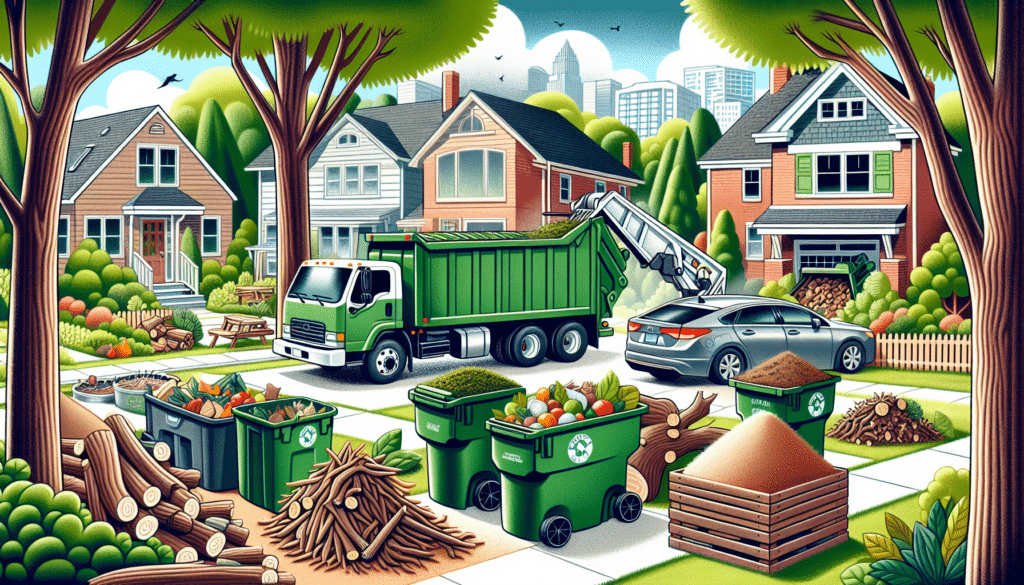
Yard waste management is a vital component of Charlotte’s recycling program, with solutions that go beyond mere disposal. Through composting, mulching, and county-provided services, residents can transform their yard waste into valuable resources, reducing the strain on landfills and enriching the local ecosystem. By participating in the city’s composting initiatives, Charlotte residents help to contribute to the creation of nutrient-rich compost and mulch, which can be used to foster healthy gardens and landscapes throughout the community.
Composting and Mulching
Composting is an accessible and impactful way for Charlotte residents to manage their yard waste. By composting plant-based materials and certain paper products, individuals can create a rich soil amendment that benefits both their gardens and the environment. Regular aeration and moisture control are key to a successful composting process. Mulching with grass clippings is another simple yet effective method of yard waste management. By leaving clippings on the lawn, residents can return essential nutrients to the soil, promoting a healthier and more sustainable landscape.
County Yard Waste Services
Mecklenburg County’s weekly curbside yard waste collection service is a testament to the region’s dedication to efficient waste management. Residents are encouraged to use paper yard waste bags or reusable containers, adhering to weight limits and collection guidelines to ensure a smooth process. While delivery services are not available, residents can purchase these products at full-service drop-off centers, further supporting the county’s green initiatives.
Cardboard and Paper Recycling Practices
Charlotte’s waste management program emphasizes the importance of recycling cardboard and paper products correctly. By separating the different types and ensuring they are clean and dry, residents can contribute to the efficiency of the recycling process, from collection to recovery. By following these simple practices, Charlotteans help to ensure that these materials are recycled multiple times, extending their life cycle and reducing the need for new resources.
Newspaper and Magazines
Newspapers and magazines are highly recyclable, but it’s important to remove any contaminants before placing them in the bin. While staples and cardstock ads can be processed by paper mills, it’s crucial to ensure that newspapers are not soiled with food or other substances that could compromise the quality of the recycled material.
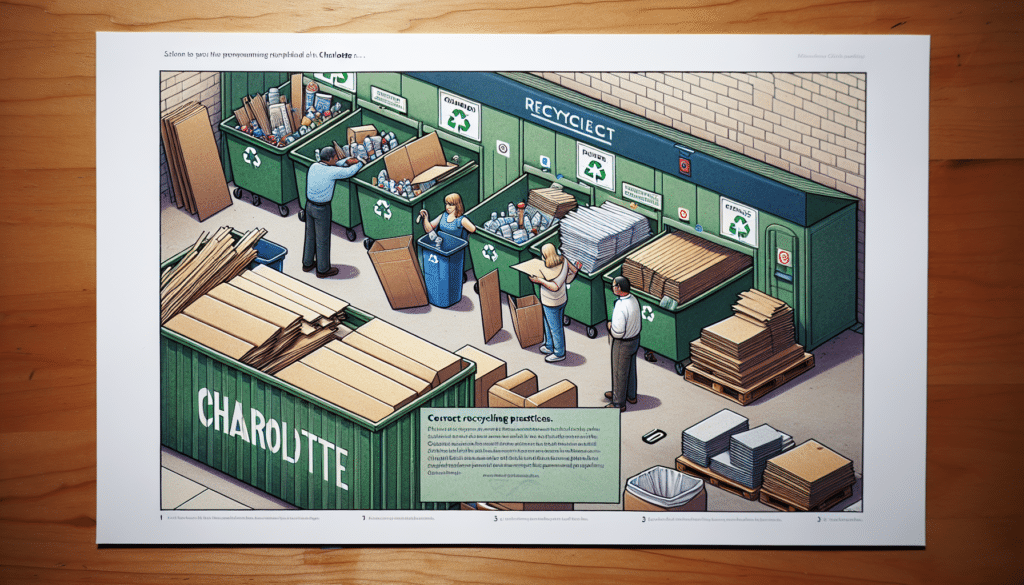
Corrugated Cardboard
Charlotte residents are advised to keep their corrugated cardboard clean, dry, and free from oil or food contamination to ensure it is accepted for recycling. Flattening boxes maximizes space in recycling bins and aids in transportation efficiency. By removing all packing materials and ensuring that corrugated cardboard is in good condition, residents play an important role in the recycling process by maintaining the quality of the recycled material and helping reduce the environmental impact of waste.
Safe Disposal of Hazardous Materials
The safe disposal of hazardous materials is a critical aspect of Charlotte’s waste management system. Mecklenburg County’s full-service drop-off centers provide a structured and regulated service for these items, ensuring that they are handled in a way that protects both the environment and public health. Offering this service free of charge to county residents encourages the proper disposal of household hazardous waste, preventing the potential release of toxic substances into the environment.
Household Hazardous Waste
Household hazardous waste, such as chemicals and batteries, can be disposed of at Mecklenburg County’s Full-Service Recycling Facilities. To ensure safe transportation, residents should use original containers and follow label instructions, avoiding the mixing of different types of waste. Upon arrival at the recycling facility, residents should communicate the nature of their hazardous waste to the on-site staff. This collaborative effort between the community and the county ensures the safe and efficient disposal of these materials.
Commercial Hazardous Waste
Commercial entities must adhere to strict regulations when disposing of hazardous materials. Improper disposal can lead to serious environmental consequences, including contamination of water sources and harm to wildlife. Mecklenburg County facilitates quarterly acceptance events for small businesses to dispose of their hazardous waste safely. These events are open to small businesses that meet certain criteria, ensuring that commercial hazardous waste is managed responsibly. By participating in these events, businesses contribute to the overall safety and sustainability of the community.
Recycle Right: Avoiding Common Mistakes
Recycling correctly is essential for the success of Charlotte’s recycling program. Common mistakes, such as “wishful recycling,” can lead to contamination and increased costs for the county. Education plays a key role in helping residents recycle right. Mecklenburg County and the state of North Carolina have implemented various outreach initiatives, including virtual events and direct mailers, to inform the community about proper recycling practices. This proactive approach ensures that Charlotte’s recycling efforts are as successful as possible.
Extending the Life Cycle: Repurposing and Upcycling
Repurposing and upcycling are creative ways to extend the life cycle of items and reduce waste. Here are some examples of how Charlotte residents can easily transform household items:
- Empty containers can be used for storage or organization.
- Used dryer sheets can be used as dusting cloths.
- Worn-out textiles can be used as cleaning rags.
- Lightly worn clothing and shoes can be donated to local charities.
Refurbishing items at home or donating bulky items to organizations like Habitat Charlotte Region ReStore benefits both the community and the environment. These practices demonstrate how individual actions can have a significant impact on waste reduction and environmental sustainability.
Summary
Throughout this guide, we’ve explored the various facets of Charlotte’s efficient recycling program. From the basics of curbside collection to the proper disposal of electronics and hazardous materials, each component plays a crucial role in the city’s commitment to sustainability. By following the guidelines provided, residents can make a meaningful contribution to the environment and ensure that Charlotte remains a leader in eco-friendly waste management.
Frequently Asked Questions
What items are accepted in Charlotte’s curbside recycling program?
In Charlotte’s curbside recycling program, you can recycle plastic bottles with necks, aluminum cans, glass bottles, clean cardboard, clean cartons, and paper.
Can I recycle electronics at the curbside with my other recyclables?
No, electronics cannot be recycled at the curbside with other recyclables. They must be taken to designated full-service drop-off centers for recycling, as it is illegal to discard them in landfills.
How can I dispose of bulky items like furniture and appliances in Charlotte?
You can dispose of bulky items in Charlotte by utilizing the city’s bulky waste collection services or scheduling a pickup. Consider donating items in good condition as an eco-friendly alternative.
Are there any options for recycling yard waste in Charlotte?
Yes, in Charlotte, you can recycle yard waste through Mecklenburg County’s weekly curbside collection, home composting, leaving grass clippings as natural mulch, and purchasing mulch and compost made from collected yard waste.
What should I do with household hazardous waste?
You should take household hazardous waste to your local full-service recycling facilities, ensuring safety by following label instructions, avoiding mixing different types, and securely packing the materials.
